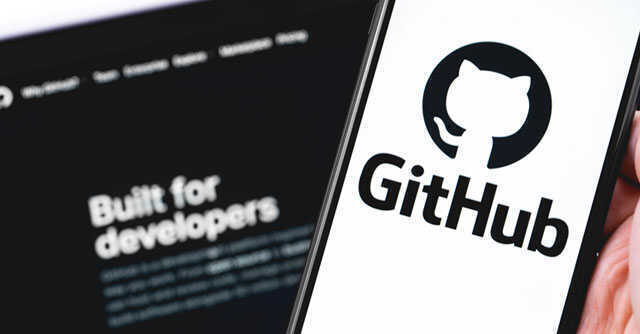
GitHub introduces voice commands, per-user licenses for Copilot, its AI code writer


Microsoft-owned developer and code repository platform GitHub unveiled new features on Wednesday that include voice commands on its artificially intelligent (AI), voice-enabled, natural language processing (NLP) assistant, Copilot, to help developers write code. The platform also opened its virtual coding environments, called ‘Codespaces’, for all developers — starting with 60 hours of free usage for all.
Announced at the company’s annual conference, GitHub Universe, the new features also include a beta test of a private channel that would help developers report bugs and vulnerabilities to companies — without risking divulging the same publicly.
The headlining update to Copilot, GitHub's ‘AI pair programmer’, is in allowing businesses to purchase per-user licenses to use the AI assistant. Once purchased, the tool will work as an autocomplete suggestion maker for your code.

To be sure, Copilot was first launched for all developers in June this year. Now, the service will be accessible to all businesses as a service to subscribe to for their in-house development teams.
GitHub said in its official description that developers can enable Copilot suggestion “either by starting to write the code you want to use, or by writing a natural language comment describing what you want the code to do. GitHub Copilot analyzes the context in the file you are editing, as well as related files, and offers suggestions from within your text editor.”
The NLP code writer is based on OpenAI’s Codex algorithms. Developers with disabilities will also be able to access Copilot through voice with a "hey, GitHub" command — a feature that would also aid those who create on Microsoft’s Visual Studio Code source-text editor.

GitHub also announced the launch of a public beta program to allow developers to privately report code vulnerabilities. By integrating with this feature, GitHub said that developers and companies will be able to avoid divulging the vulnerabilities in public — thereby avoiding accidental spillage into the hands of cyber attackers.
The world’s largest code repository also unveiling a new search interface with better search ability, which the company said will allow developers search “all of the world’s code, within seconds.”
